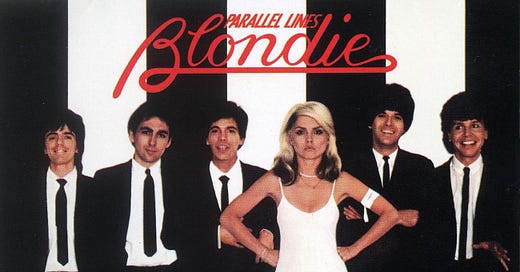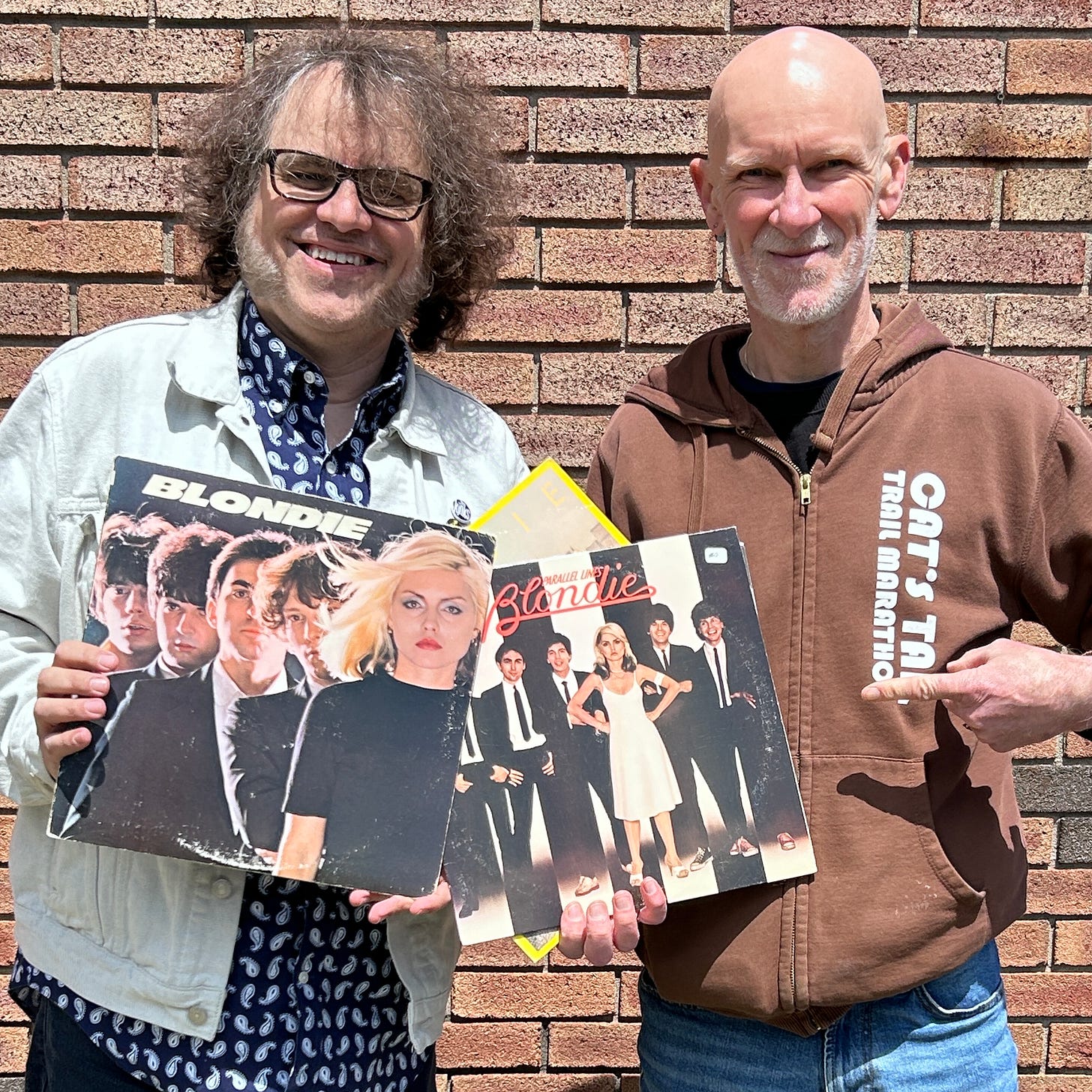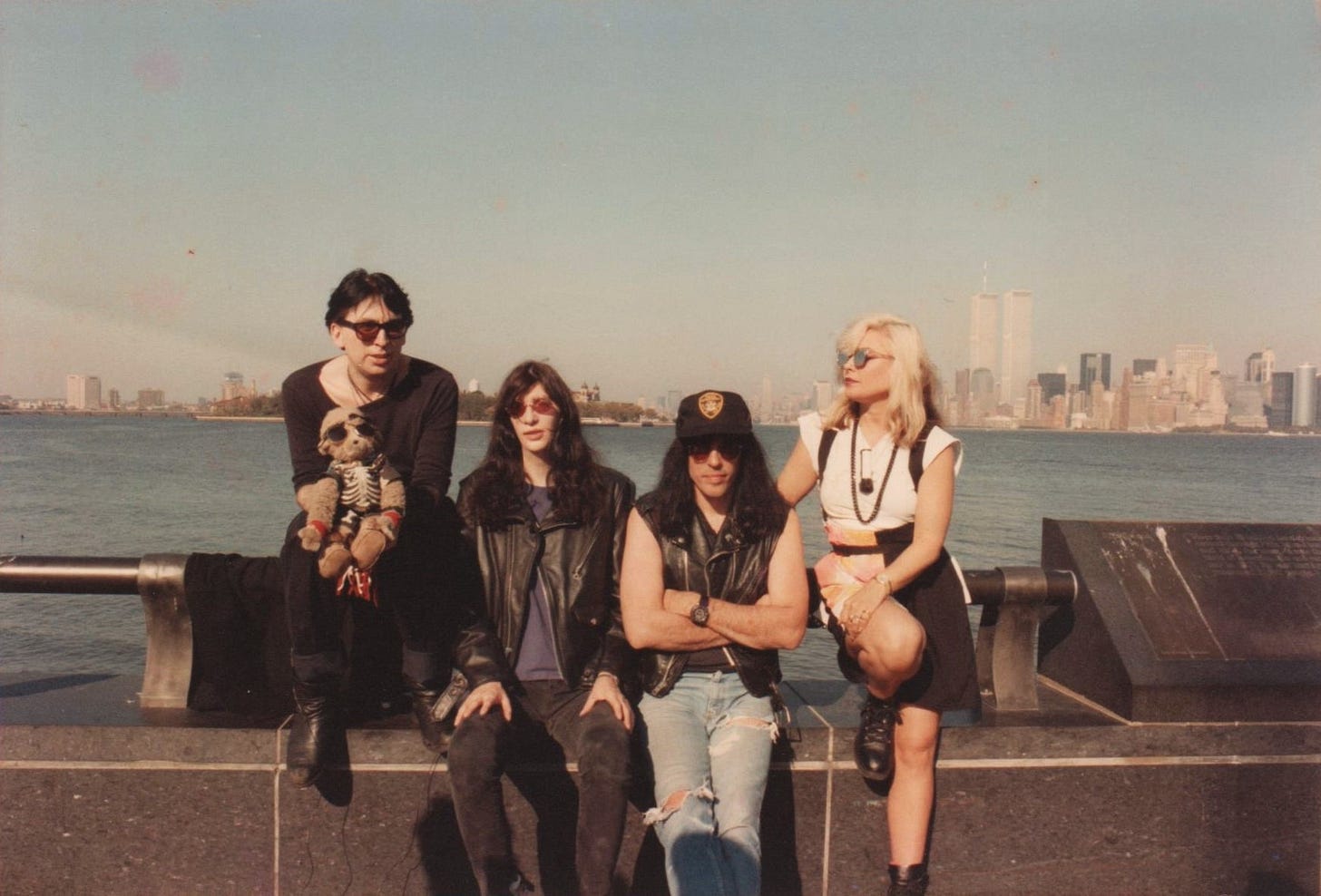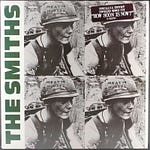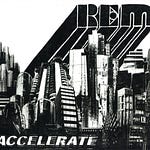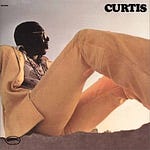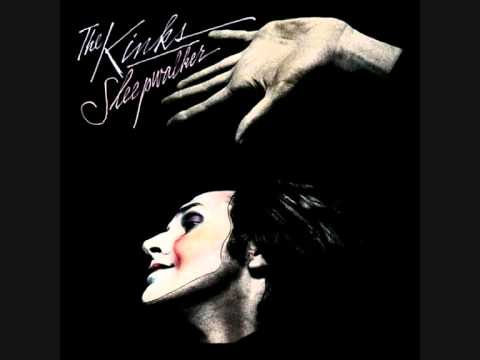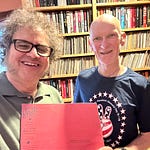Welcome to Episode 6 of the CROSSED CHANNELS podcast, in which two music journalists/obsessives,
(the Yank) and Tony Fletcher (the Brit) clash and connect over music from either side of the pond.Our 5th Episode, Oasis: What's The Story?, in which we discussed the 1995 album that catapulted the Manchester band to international fame, is now available in full, on all streaming platforms, for anyone who is not one of our paid-up Substack subscribers and wants to hear where we go with these discussions. We now head back to the United States for a look at the strange case of Blondie.
A cornerstone of the original New York punk scene that revolved around CBGB, Club 82 and Max’s Kansas City, Blondie were a group with roots in both the pure pop of 1960s girl groups like the Shangri-La’s and the pop art experiments of the early Velvet Underground. Fronted by the gorgeously talented Debbie Harry, Blondie were the biggest (and arguably the best) pop band in the US from 1979 through 1981, though they actually scored two massive hits in the UK — “Denis” and “(I’m Always Touched by Your) Presence, Dear” — in 1978, before most American listeners were even aware of their existence.
Blondie’s US breakthrough came in 1979 via “Heart of Glass,” the Mike Chapman-produced disco smash that provoked cries of “Sellout!” from punk and new wave fans, but completely connected with the cultural zeitgeist of the time. Of course, Blondie — a band who were never shy about experimenting with musical styles and forms beyond accepted punk parameters — had actually been playing versions of the song well before “disco” became a dirty word.
In this episode of CROSSED CHANNELS, Dan and Tony take a look at Blondie’s incredible run of six albums between 1976-82, and discuss how a band that was largely written off by critics and scenesters in their early days wound up scoring Number One hits on both sides of the Atlantic — as well as why British record buyers fell for them first. Along the way, our hosts answer these questions and more:
• What was the original title for "Heart of Glass,” and how far back does the song date?
• When did Debbie Harry first show up on an album?
• What was the group that Chris Stein and Debbie Harry first played in together?
• What cassette did drummer Clem Burke bring back with him from London in 1975?
• And was it Farfisa or Vox that gave keyboard player Jimmy Destri Blondie’s distinctive retro sound?
A free preview of Episode 6 is available to all listeners, but the episode is only available in its entirety to paid subscribers of
or . If you’re already a free subscriber to either of these Substacks (or better yet, both), upgrade your subscription now to hear the whole thing. As always, we are immensely grateful for your encouragement and support! Cheers!…A couple of photographic references from the episode:


